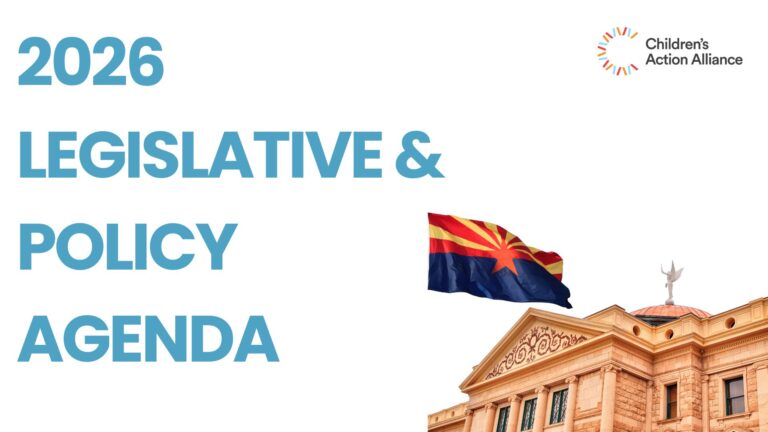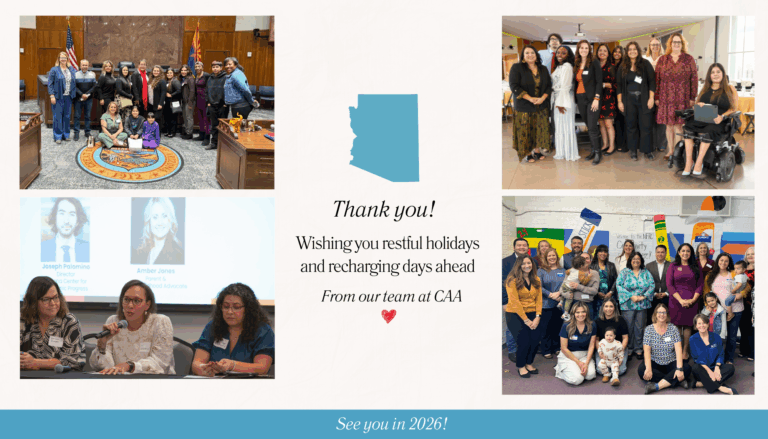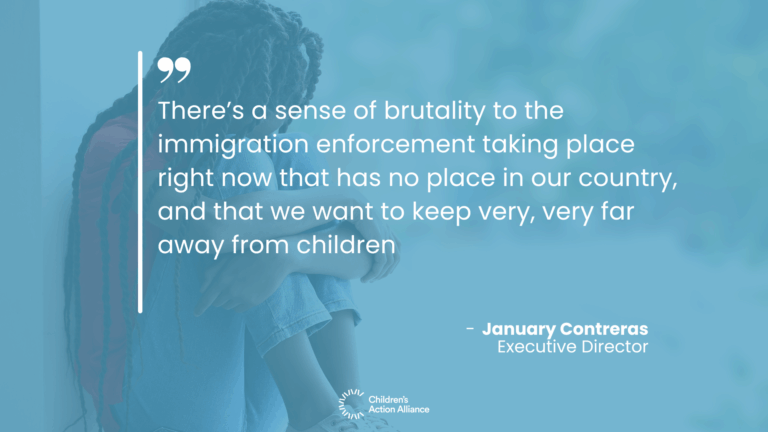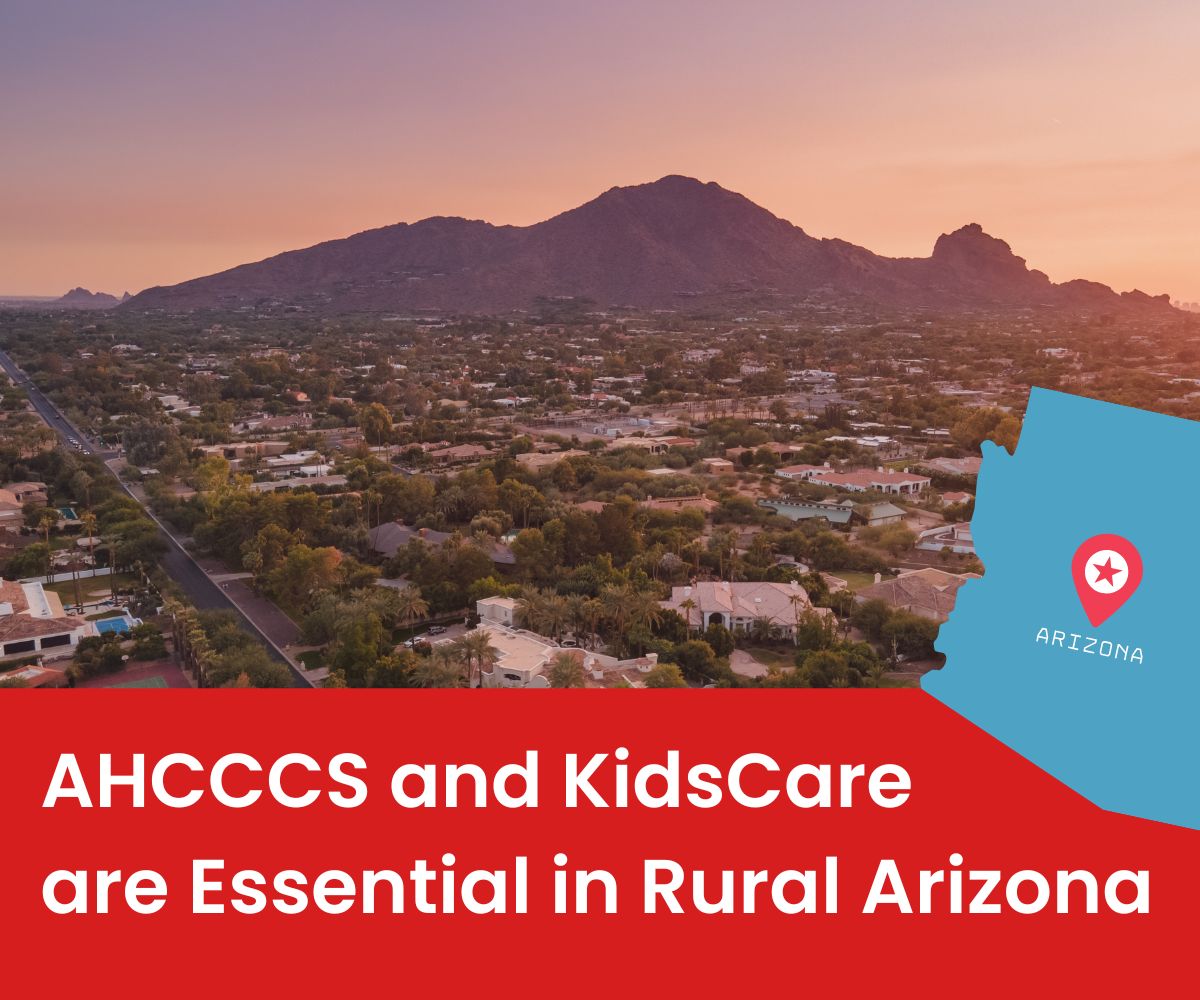
AHCCCS and KidsCare are Essential in Rural Arizona
Arizona Health Care Cost Containment System (AHCCCS), Arizona’s Medicaid program, and KidsCare, Arizona’s Children’s Health Insurance Program (CHIP), are key to the health of children and families. A new report from the Georgetown University Center for Children and Families makes this clear, especially the role that Medicaid and CHIP have in small towns and rural counties in Arizona.
The report reveals important regional trends regarding health insurance coverage. Children and adults in rural areas often have higher rates of being uninsured. According to the most recent U.S. Census data, rural areas like La Paz, Apache, Navajo, and Gila County had the highest percentages of children without health insurance in Arizona. This shows that public health insurance options are important to all Arizonans, and that is especially true in rural areas.
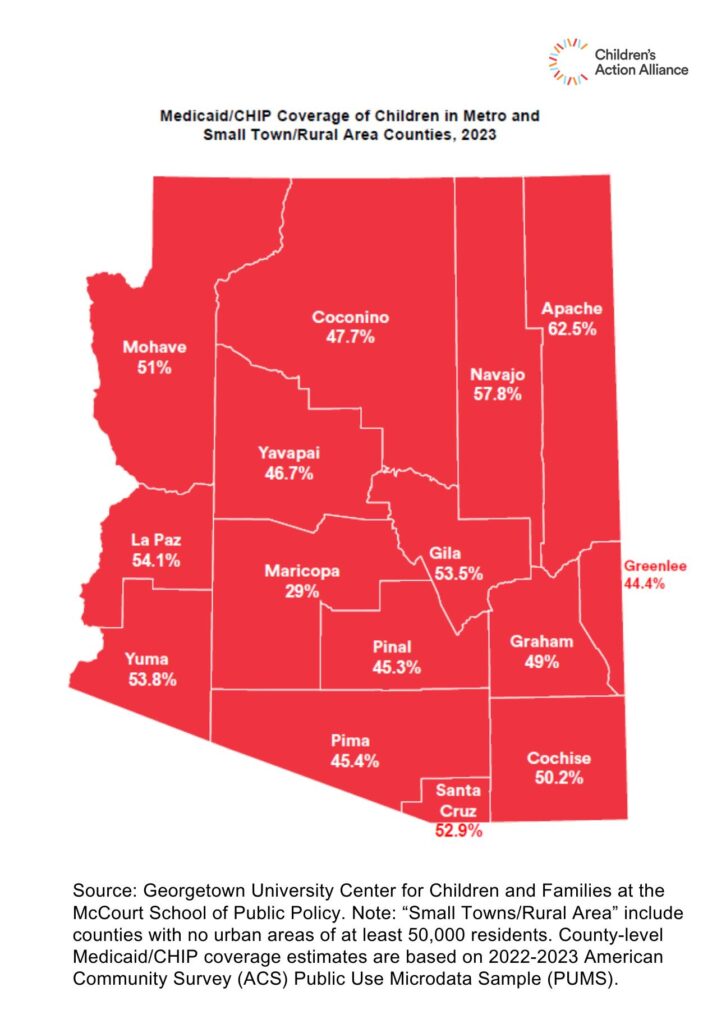
Read more about the importance of Medicaid and CHIP for children and adults in Arizona's small towns and rural counties in this new Georgetown University CCF report.

